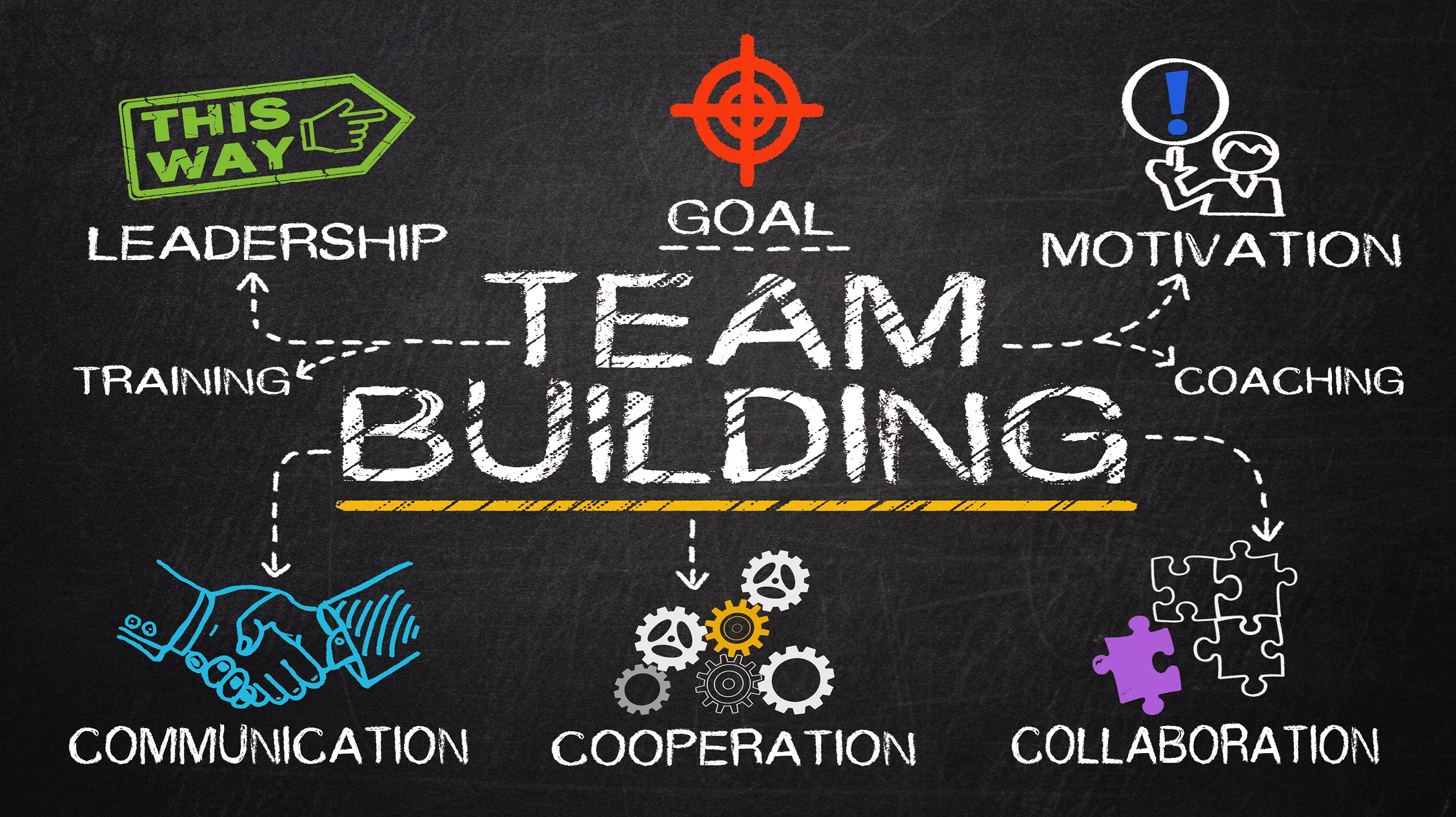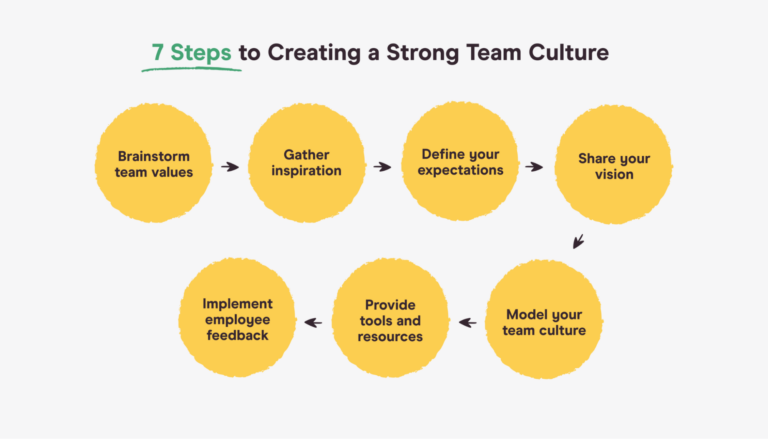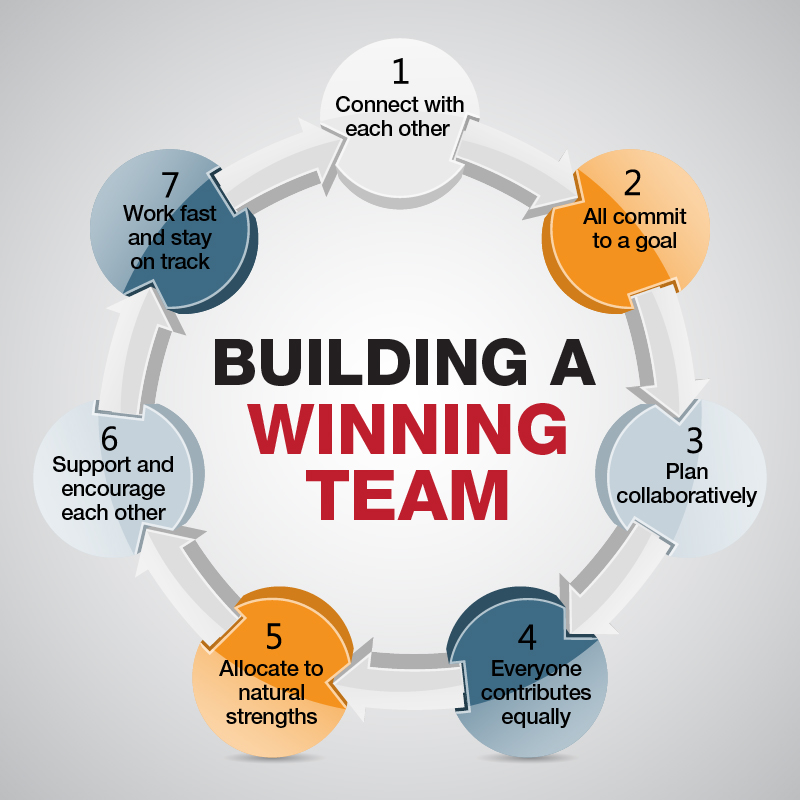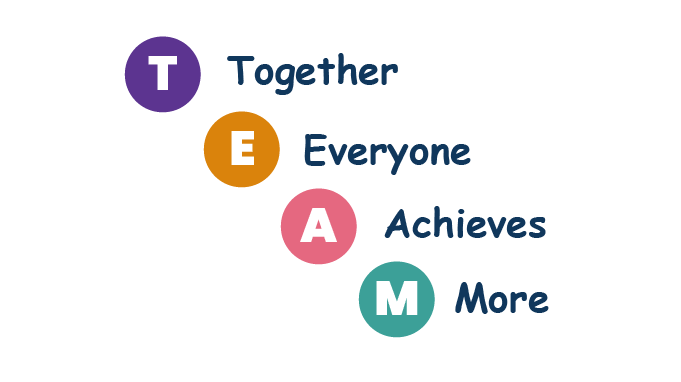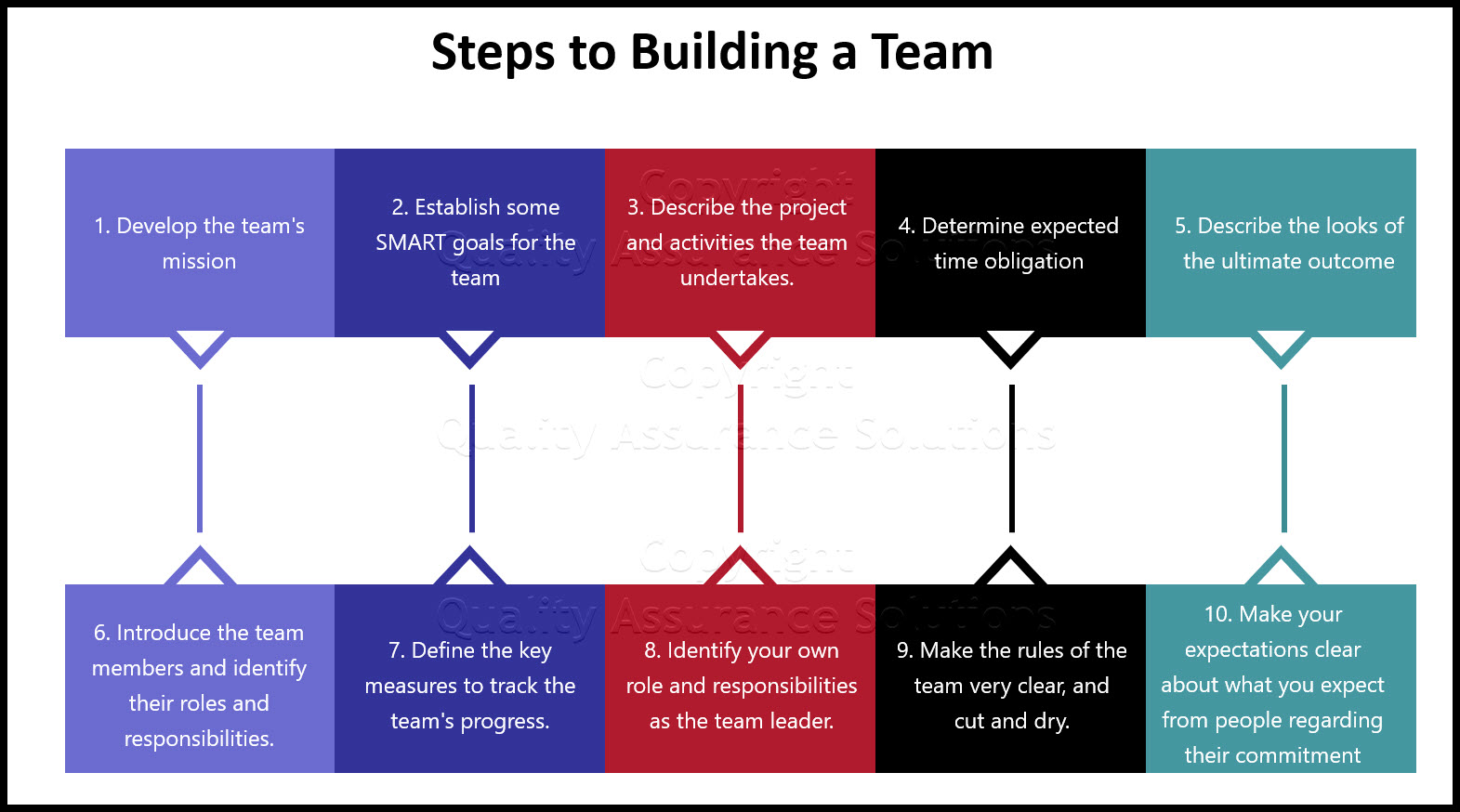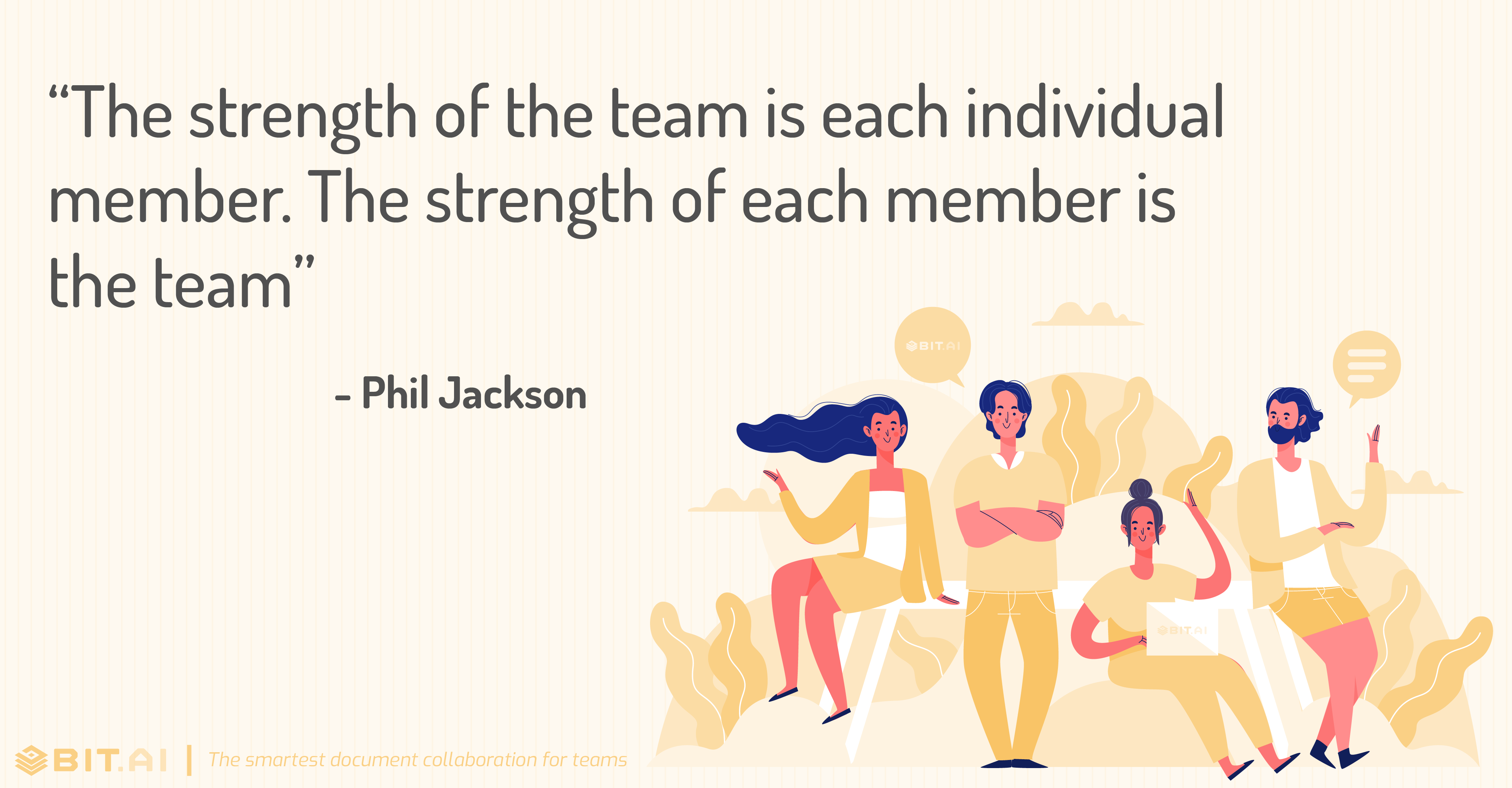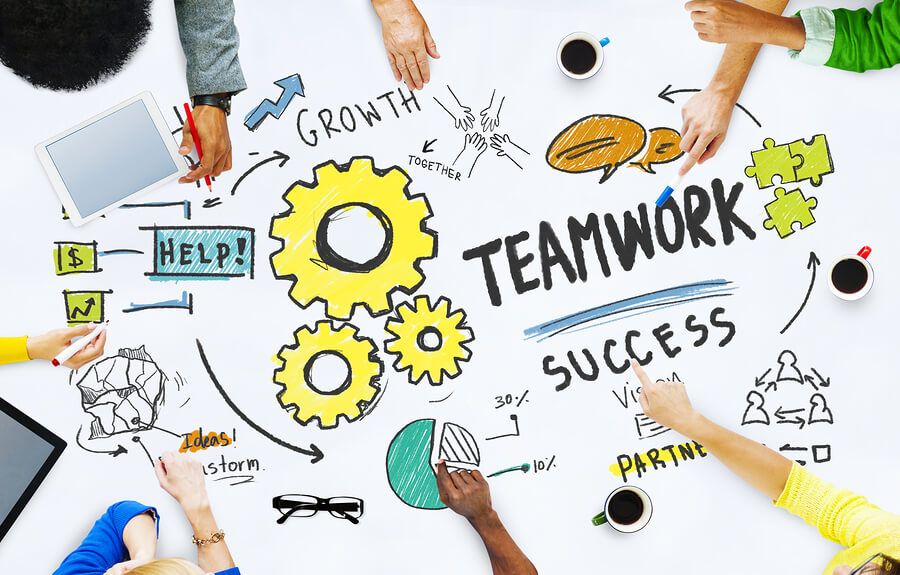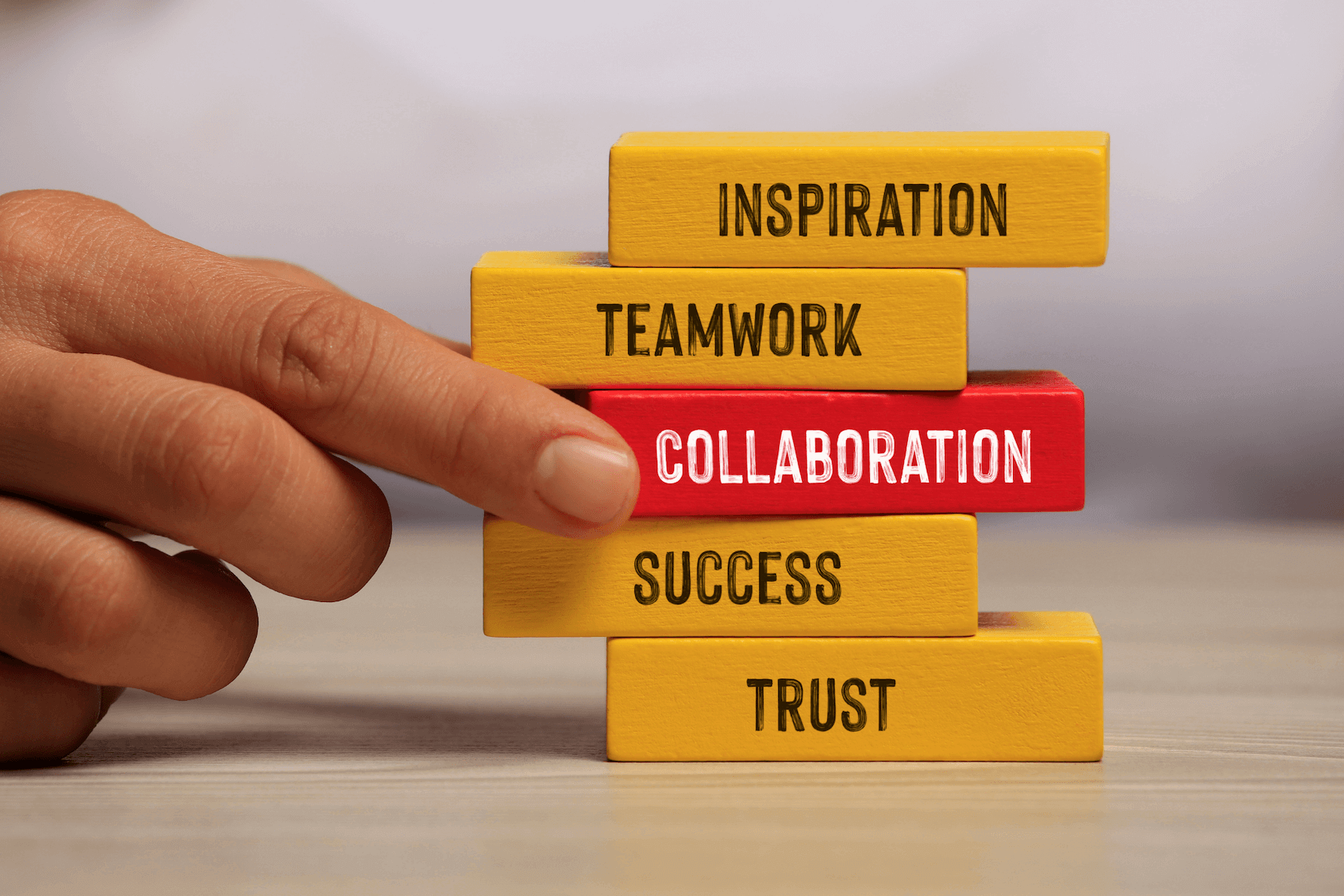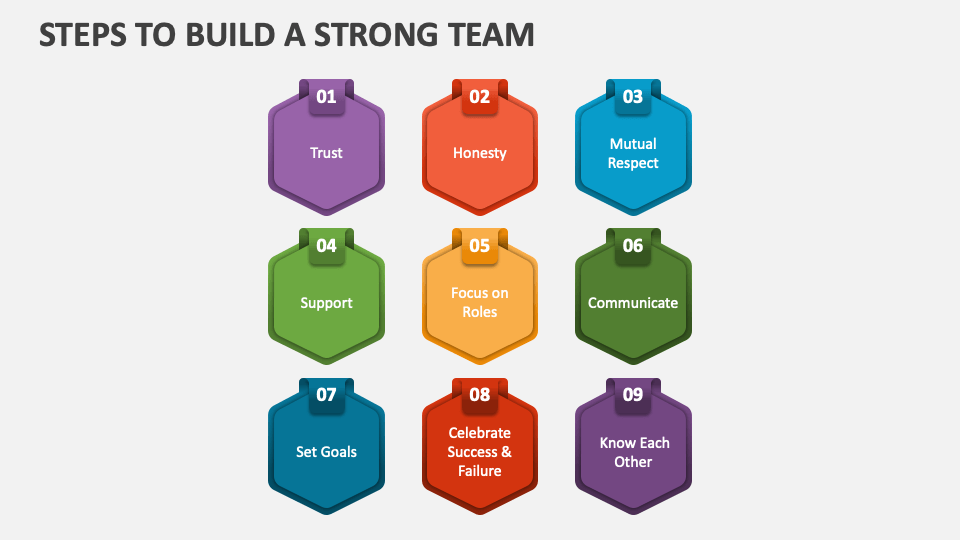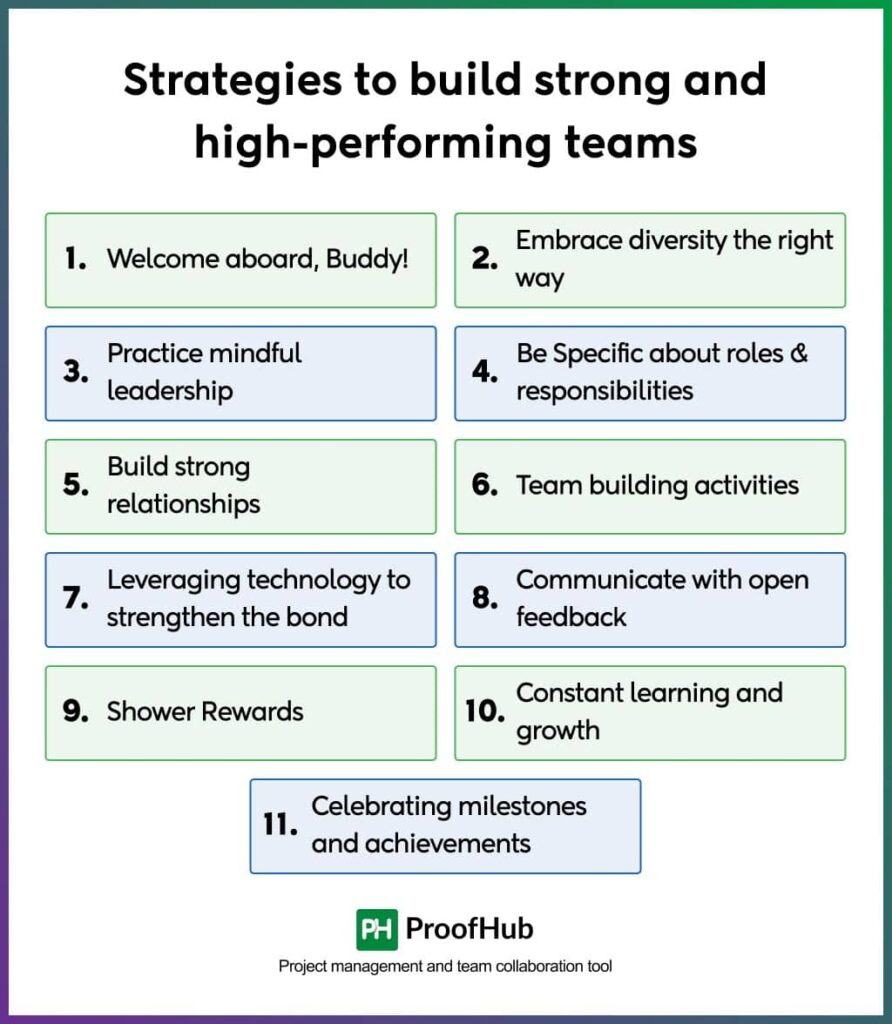How To Build Strong Teams In The Workplace
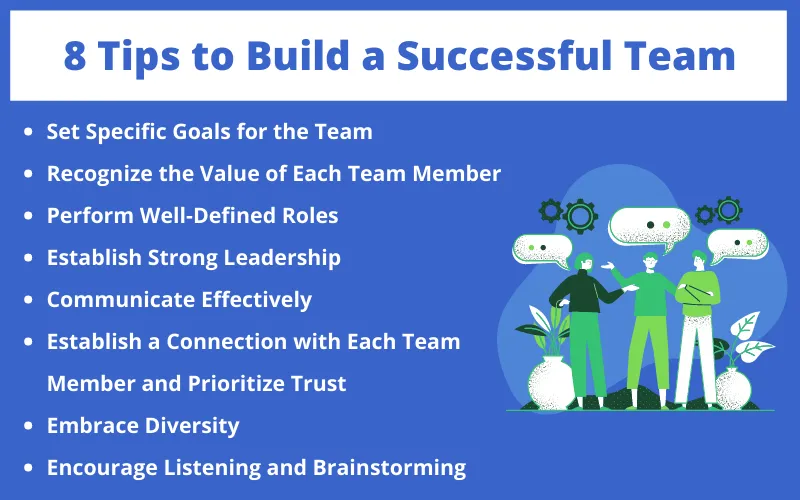
In today's dynamic and competitive business landscape, the ability to build and maintain strong teams is no longer a luxury, but a necessity. Organizations that foster cohesive, collaborative, and high-performing teams are demonstrably more innovative, adaptable, and ultimately, more successful. The challenge, however, lies in understanding and implementing the specific strategies and practices that cultivate such teams.
This article explores the key elements that contribute to strong team building in the workplace, drawing on research, expert opinions, and established best practices. We delve into the critical aspects of effective communication, shared goals, role clarity, psychological safety, and leadership, providing actionable insights for organizations seeking to optimize their team performance. Success in team building directly impacts profitability and sustainability, as highlighted by a recent Gallup study showing that organizations with engaged teams experience 21% higher profitability.
Establishing a Foundation of Trust and Communication
Trust is the cornerstone of any successful team. Employees must feel safe being vulnerable, sharing ideas, and taking risks without fear of judgment or reprisal. According to a 2017 Google study, Project Aristotle, psychological safety is the most important factor in high-performing teams.
This is achieved through open and honest communication. Team members should actively listen to one another, provide constructive feedback, and engage in respectful dialogue. Regular team meetings, both formal and informal, can foster communication and create opportunities for collaboration.
Active Listening and Constructive Feedback
Active listening involves paying attention not only to the words spoken, but also to the speaker's body language and tone. It requires empathy and a genuine desire to understand the other person's perspective. Constructive feedback, on the other hand, should be specific, actionable, and focused on behavior rather than personality.
Organizations can invest in training programs to equip employees with the necessary communication skills, including active listening techniques and effective feedback delivery. Encouraging 360-degree feedback can also provide team members with a holistic view of their performance and areas for improvement.
Defining Shared Goals and Clarifying Roles
A team without a clear, shared goal is like a ship without a rudder. Every team member must understand the team's objective and how their individual contributions contribute to its achievement. Shared goals create a sense of purpose and direction, motivating team members to work together towards a common vision.
Furthermore, each team member needs to have a clear understanding of their roles and responsibilities. Role clarity eliminates confusion, reduces duplication of effort, and ensures that everyone is working efficiently and effectively. Clearly defined roles also empower individuals to take ownership of their work and be accountable for their performance.
Using OKRs to Align Objectives
Many successful companies use the Objectives and Key Results (OKRs) framework to define and track their goals. OKRs ensure that everyone is aligned on the most important objectives and that progress is being measured regularly. This framework helps to promote transparency, accountability, and collaboration within the team.
Regular check-ins on progress toward OKRs can help teams stay on track and identify any roadblocks early on. These check-ins also provide opportunities for team members to share their successes and challenges, fostering a sense of camaraderie and mutual support.
Fostering a Culture of Inclusion and Recognition
A strong team is one that embraces diversity and celebrates individual differences. An inclusive environment ensures that everyone feels valued, respected, and empowered to contribute their unique talents and perspectives. This fosters innovation and creativity.
Recognizing and rewarding team members for their contributions is also crucial. Publicly acknowledging accomplishments and celebrating successes boosts morale and motivates team members to continue performing at their best. Recognition can take many forms, from simple words of appreciation to formal awards and bonuses.
The Power of Team Celebrations
Celebrating team milestones and accomplishments, no matter how small, can significantly boost morale and strengthen team bonds. These celebrations provide an opportunity for team members to relax, connect with one another on a personal level, and reflect on their collective achievements.
Organizations can also foster a culture of inclusion by providing diversity and inclusion training to employees. These programs help to raise awareness of unconscious biases and promote understanding and respect for different cultures and perspectives.
Leadership's Role in Team Building
Effective leadership is essential for building and maintaining strong teams. Leaders set the tone, provide guidance, and inspire their teams to achieve their full potential. They are responsible for fostering a culture of trust, communication, and collaboration. Leaders should be transparent, empathetic, and supportive.
Servant leadership, a leadership style that emphasizes serving the needs of others, is particularly effective in team building. Servant leaders prioritize the growth and development of their team members, empowering them to take ownership of their work and contribute to the team's success. This type of leadership helps to create a more collaborative and engaged team environment.
Embracing Agile Leadership Principles
In today's rapidly changing business environment, agile leadership principles are becoming increasingly important. Agile leaders are adaptable, responsive, and able to empower their teams to make decisions quickly and effectively. This involves delegating authority, providing autonomy, and fostering a culture of experimentation and learning.
By focusing on these key elements – trust, communication, shared goals, role clarity, psychological safety, and effective leadership – organizations can cultivate strong, high-performing teams that are equipped to meet the challenges of the modern workplace.
Looking Ahead: The Future of Team Building
The future of team building will likely be shaped by advancements in technology and the increasing prevalence of remote work. Virtual teams will require new strategies for fostering communication and collaboration, and technology will play a crucial role in facilitating these interactions.
Organizations will also need to adapt their team-building approaches to meet the needs of a more diverse and multigenerational workforce. Personalized development plans and flexible work arrangements can help to attract and retain top talent and create a more inclusive and engaging work environment. The organizations that successfully embrace these changes and prioritize team building will be best positioned for success in the years to come.


